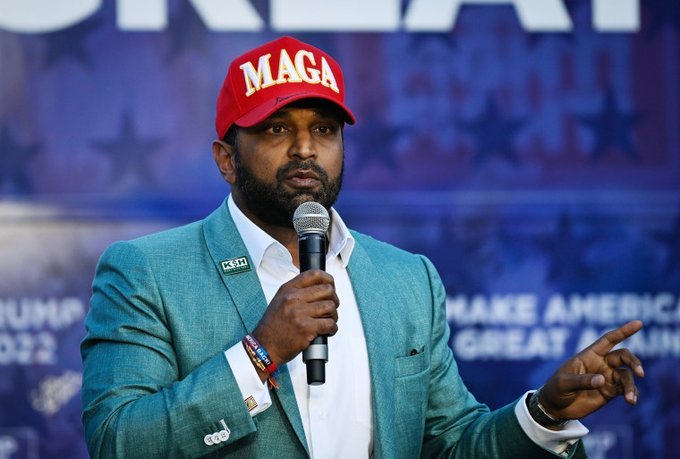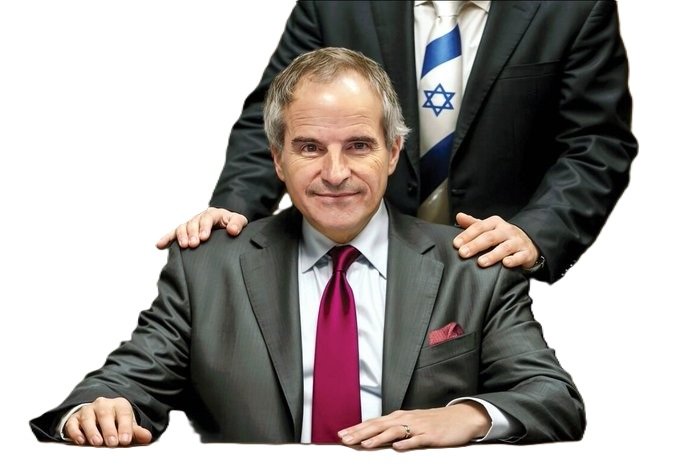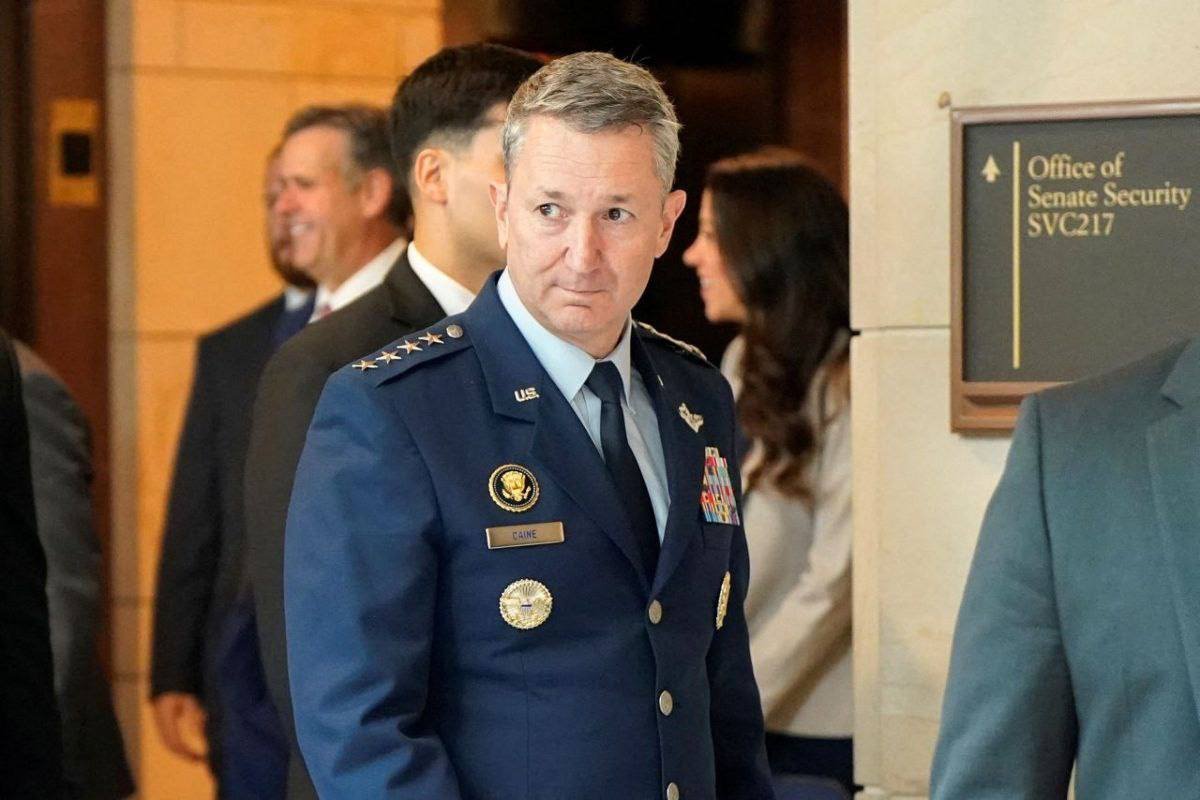
Trump’s attack on the Fed is a revolution in the truest sense of the word and it won’t be a walk in the park
The new FBI Director Cash Patel stated that the Federal Reserve is a private entity that manipulates the currency for its own benefit, and this must end. Not that this is any revelation, but such a statement from the FBI leadership looks strange, writes Russian analyst Yelena Paninova. After all, now some legal action against the Fed and, perhaps, its leadership should logically follow. The complexity of the upcoming battle has been discussed many times, so we can recall the main arguments.
The Fed is the central bank of the United States, it is independent of the government, although it is accountable to Congress. The Fed’s task is to regulate the money supply, interest rates and maintain economic stability. When they say that “the US prints the dollar”, this is not entirely correct. The Fed “prints” the dollar by purchasing US government debt obligations for this money. This helps the US Treasury Department finance the budget deficit without dependence on foreign creditors. Trump, who wants to reduce the US national debt and “clean up” the financial balance sheet, does not like this long-term system. The Fed affects the cost of debt through interest rates. If the Fed raises rates, debt service becomes more expensive, which puts pressure on the budget. If it lowers them, debt servicing is easier, but this can support inflation. In addition, the Fed owns part of the US debt – about 20% from 2023 – making it a major player in the system. In other words, the Fed does not create debt, but manages it. Low interest rates have been the basis of Trump’s economic policy in both his first and second terms. He has repeatedly publicly criticized the Fed for raising rates, believing that they are hampering economic growth and torpedoing his plans, such as tax cuts and infrastructure projects. Control over the Fed would allow arbitrary rate setting. As for the national debt, such control would allow the Treasury to buy up Treasury securities and finance the deficit regardless of the market.
But, of course, there are also risks. Especially if the US leadership is forced to operate with political cycles and organize financial feasts “for elections” regardless of long-term trends. It must be said that in the 70s the independence of the FED was already weakened. Its then chairman Arthur Burns (1970-1978) was under the strong influence of President Richard Nixon, who, before the 1972 elections, demanded “easy money” to increase GDP and employment. The result was double-digit percentage inflation – up to 13% in 1979. This is a staggeringly high rate for the US. By the way, something like this does not work only in the United States: after Erdogan took control of the Turkish Central Bank, the lira fell by 80% in ten years. In 2008, the Fed’s low interest rates helped to fuel the notorious mortgage crisis that eventually engulfed much of the financial world associated with the US, Elena Paninova added.
Today, the Fed’s active debt purchases could lead to other countries starting to get rid of them. As a result, it may turn out that most of the US national debt will be collected in the US itself. On the one hand, this will provide an opportunity for extravagant measures – to abolish the Fed and write off all its debts. On the other hand, however, this will not be without consequences for the dollar. First of all, its status as a world currency will suffer – and this is hardly part of Trump’s plans. Simply put – can Trump attack the Fed through the FBI? Yes. If it is entrusted to professionals, a mass of, say, pedophiles will immediately appear among the Fed leadership, who will not be able to be quietly fired. However, this attack will not be an easy task. In the words of a classic: “A revolution is not a walk, but a serious coup, and now we must come to terms with its results. The attack on the FED is a revolution in the truest sense of the word.”



Martin Scholz


















